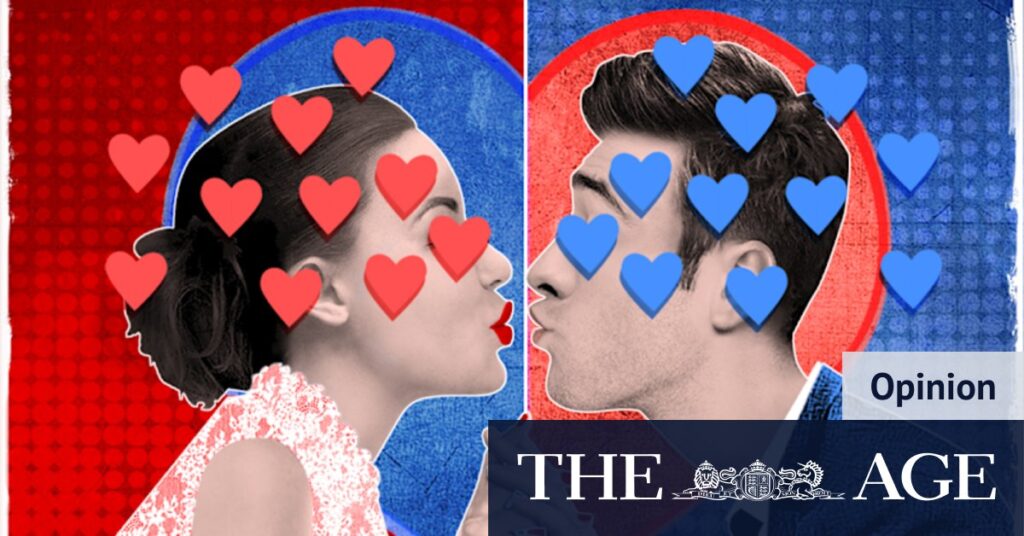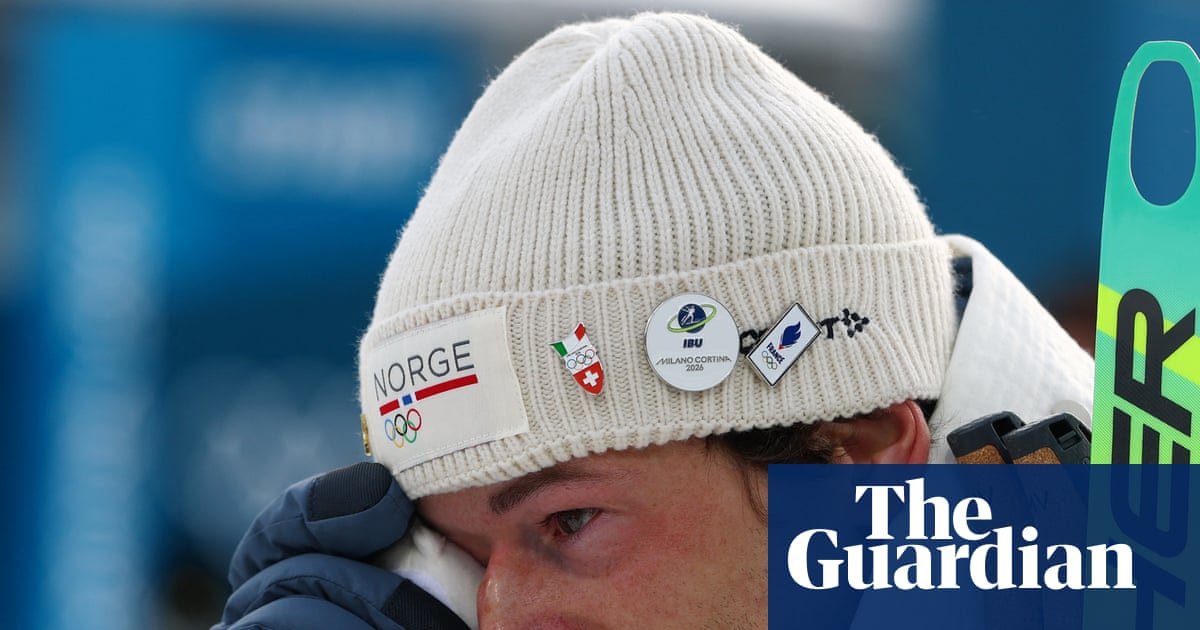
It appears that I might be embarking on a third career path. After years in journalism and academia, I’m now stepping into the realm of matchmaking. My name is Jenna, and I’m here to assist Generation Z in their quest for love. Recent reports indicate that these young adults, who grew up alongside their parents’ obsession with smartphones, are struggling to find meaningful relationships. Statistics show that just over half of Gen Z adults are currently in a relationship, compared to two-thirds of Millennials, three-quarters of Gen Xers, and nearly 80% of Baby Boomers.
In response to this trend, I am planning to establish a matchmaking service that minimizes online interactions. The only digital step will be an initial email contact. After that, it’s all about unleashing one’s natural charisma. This approach encourages face-to-face interactions, teaching essential skills such as conversation and active listening—skills that seem to have faded in the digital age.
Reviving Traditional Matchmaking
The inspiration for this venture comes from my earlier career as a journalist, during which I interviewed Yvonne Allen, a renowned matchmaker. Allen’s philosophy was rooted in the belief that perfection is an unrealistic goal. She emphasized the importance of giving relationships a chance to develop naturally. As she once told the Australian Financial Review,
“We have reached a crisis state: look at the millions and millions of people who are out there saying, ‘Not for me, not for me’, just by looking at a photo. If you meet somebody who you enjoyed meeting, but you don’t think there is likely to be a spark, that doesn’t mean you shouldn’t keep seeing them. The spark is often the distraction. It’s a lovely thing to let simmer.”
The Digital Dilemma
This initiative comes at a time when dating apps dominate the landscape of modern romance. While these platforms offer convenience, they often reduce potential partners to mere images and brief profiles. This superficial approach can hinder the development of deeper connections. According to a study by the Pew Research Center,
nearly 30% of U.S. adults have used a dating app, but only 12% have found a committed relationship through them.
Experts argue that the reliance on digital interactions can lead to a paradox of choice, where the abundance of options results in decision paralysis. Dr. Helen Fisher, a biological anthropologist, suggests that “the brain is not well-equipped to handle the vast number of choices presented by dating apps.” This overwhelming selection can lead to dissatisfaction and a lack of commitment.
Lessons from the Past
The concept of matchmaking is not new. Historically, matchmakers played a crucial role in bringing people together, often considering compatibility factors beyond physical attraction. In many cultures, arranged marriages facilitated by matchmakers were the norm, emphasizing family values and long-term compatibility over initial sparks.
In today’s fast-paced world, revisiting these traditional methods could offer a refreshing alternative. By focusing on personal interactions and genuine connections, this new matchmaking service aims to bridge the gap between digital convenience and the need for authentic relationships.
Looking Forward
As Generation Z navigates the complexities of modern dating, the importance of fostering real connections cannot be overstated. This new matchmaking approach seeks to empower young adults to engage meaningfully with potential partners, emphasizing the value of patience and open-mindedness.
In the coming months, I will be launching this service, hoping to make a positive impact on the love lives of those who feel lost in the digital dating maze. The goal is to create a space where individuals can explore relationships at their own pace, free from the pressures of instant gratification.
Ultimately, the success of this venture will depend on the willingness of Generation Z to embrace a more traditional approach to love. By prioritizing genuine interactions over digital impressions, we may just find that the key to lasting relationships lies in the simplicity of human connection.





